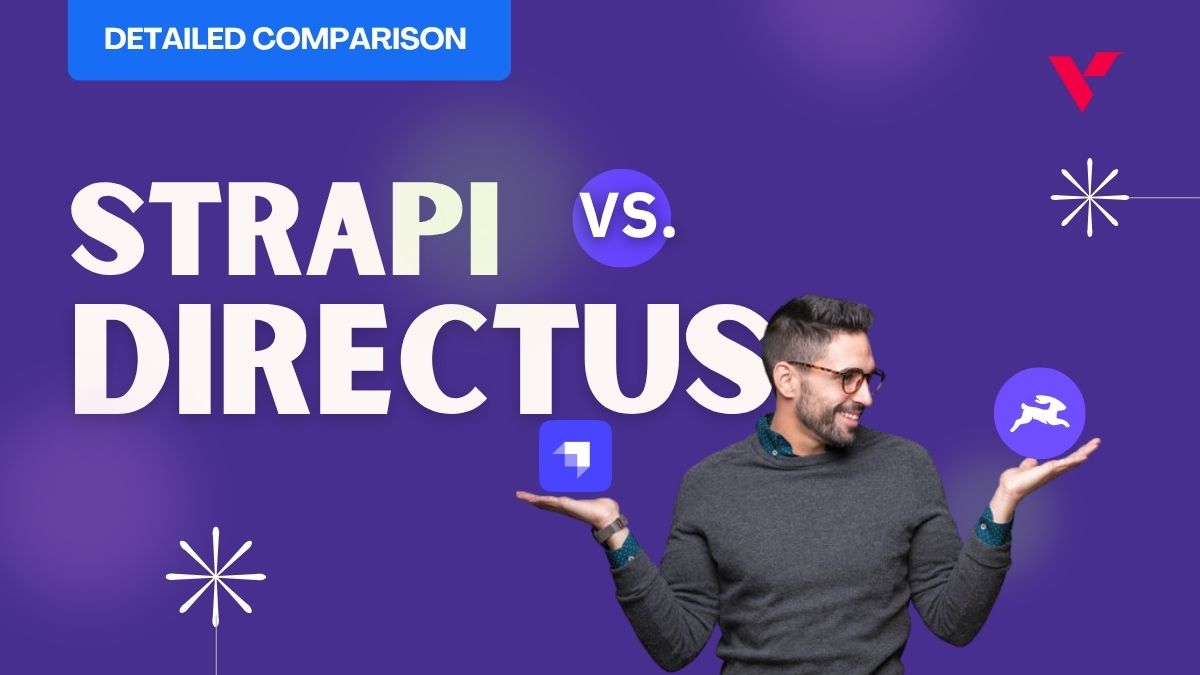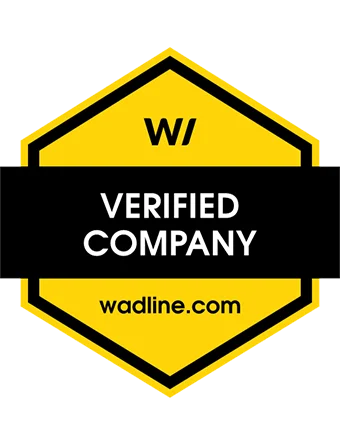According to an article in Forbes Magazine, 51% of Americans prefer online shopping to shop in regular brick-and-mortar stores, with over 40% of millennials using voice assistants to make purchases online. These numbers mean that the landscape of commerce will keep evolving. It will be moving online more and more as more and more consumers start using digital devices to spend money.
Because of this, many companies in the ecommerce space will be making more money than ever. This growth comes with a unique set of challenges and problems. These problems include credit card fraud and identity fraud, issues with ownership of digital assets, including information about products and services, and about user behavior, sales and conversions. As the breaches of giants such as Target, eBay, JP Morgan Chase and Home Depot show, the security of ecommerce websites is also a very important issue. Blockchain technology could help the ecommerce industry with all these issues.
Table of Contents
Introduction to the blockchain
Properties of blockchain technology
Many people associate blockchain technology with cryptocurrencies such as Bitcoin. However, Bitcoin is just one application of blockchain technology. Before reading further, you must know what is the bitcoin?
In essence, blockchain is a decentralized ledger. One of the main innovations of the blockchain technology is how the technology connects the “pages” of ledgers. It does it via cryptography hashes, which makes the ledgers (or blockchains) tamper-proof. A block of a blockchain is similar to a page of a ledger. With the Bitcoin network, the blocks of the Bitcoin blockchain store information about financial transactions. On a different network, blocks could store information about identify, cargo movements, medical records, flight records, and more. Blockchain networks are especially useful in industries where it is important to secure the track record of what has been happening in the past. Obviously, ecommerce is one of such industries.
Next Story to Read – 10 Simple Steps How to Start Your Cryptocurrency Exchange Business?
For example, one of the issues in the ecommerce industry is the issue of fake comments on ecommerce websites. Fake comments allow dishonest merchants to introduce low-quality, fraudulent or counterfeit products to ecommerce platforms with the goal of deceiving customers. With blockchain, it would be possible to track the history of comments and to tie comments to identities, thus solving the issue of fake comments.
When it comes to counterfeit products, blockchain could also be of help. Manufacturers could put serial numbers of products on a blockchain. Prospective buyers of the products could verify that the products are indeed authentic by entering a code on a website and receiving a confirmation. Currently, verifying the authenticity of a product is often almost impossible, yet with blockchain, the process could be extremely efficient.
Verification of information on the blockchain
The process would be similar to the process of university diploma verification, which is something that the Massachusetts Institute of Technology has developed a blockchain solution for. The solution is called Blockcerts and it is open-source, meaning that anyone could download the code and use it or change it for whatever purpose, including adapting the code to the ecommerce space.
Blockcerts is a great example of how verification of a legitimate product could work on a blockchain because Blockcerts is not a conceptual prototype in development, but an actual working application.
In the summer of 2017, 111 graduates of the MIT had an option to receive their diplomas not only on paper but also in electronic format, by using an app called Blockcerts Wallet. The app uses the same blockchain as the Bitcoin network does. The reason why the creators of the project decided to develop an app is that using a blockchain network typically requires creation and use of two keys: a public key and a private key, which can be somewhat of a hassle to create. For this reason, graduates can use the app and the app will automatically generate the keys for them.
Manufacturers of all types of products could do the same: they could create apps that would allow buyers of their products to verify the authenticity of the products, be it a fashion item or an electronic device. There could also be a blockchain that would allow prospective buyers to verify that sellers of products are official partners of manufacturers. Just like the MIT allows employers to check the status of a diploma using an app and a blockchain, manufacturers of products could allow prospective buyers verify not just the products themselves, but also the sellers of the products.
With the MIT app, the blockchain does not store diplomas. It only stores information that the MIT has created a digital record about a diploma. When a student wants to show the diploma to someone, he or she receives an email from the MIT. The email contains the diploma with the public key encrypted into it. Because the student’s phone has the app with the private key, the keys match and the student can prove the ownership of the diploma. The same approach could work in many various parts of ecommerce, including verification of products, sellers, and even verification of shipments.
The Ethereum network
On the Ethereum network, the Ethereum ledger works in combination with Ethereum Virtual Machine, which allows the network to run computer code and execute smart contracts.
Use of smart contracts could also be extremely beneficial to ecommerce industry. Because the execution of a smart contract happens on a blockchain network, there is no need for a third party to manage the execution of a contract. For ecommerce industry, this would mean increased security and lower costs, because the network could serve as an escrow platform that works on auto-pilot.
Finally, blockchain technology can make ecommerce safer because blockchain ledgers are decentralized, meaning that on a blockchain network multiple computers (called nodes) contain a full copy of the blockchain. Because of this, blockchain networks are much harder to attack than regular centralized networks.
On a centralized network, there is typically a central point of attack. A company may have backups, but hackers can still focus on the central point and if they are successful at getting access to the point, they may be able to cause a lot of damage.
With a blockchain network, causing damage is much harder because if an attacker damages one copy of the blockchain ledger, the network would simply replace the damaged copy with a full copy and continue to function as if nothing happened.




















